Presidential elections have a significant impact on tax policy and can determine the fiscal landscape of a nation. Here, business individuals, salaried persons, and freelancers all need to take a look to notice the changes that will occur during this time in the economy.
We will be analyzing the past trends and the future potential to look at these aspects. We will aim to draw an insight into how the presidential election influences tax policy and what the taxpayers can expect from one such election.
- Historical Overview
When the time of election comes, new policies and tax rates get enacted to show the changes the current government is making in the tax rates and how they promote deductions and credits, which will help individuals and businesses to save significant amounts in taxes.
Key moments such as the Regan tax cuts in the 1980s and the Jobs Act of 2017 are some of the reforms made ahead of the presidential polls by the current administration. A person who pays taxes can suddenly face the problem of filing taxes under the new rules or guidance. They can take the help of a tax lawyer from San Diego or from another location who can simplify the process for them.
- Partisan Divide
The differing approaches to tax policies vary based on the political parties that are presently there in the administration. For example, the Republican party is in favor of tax cuts and also aims to simplify the tax rules.
On the other hand, Democrats emphasize progressive taxation and aim to invest in social welfare schemes. Now, in terms of each party and their presidential candidate, the tax rates differ and change based on the country’s current political scenario.
- Campaign Proposal vs. Legislative Reality
The tax proposals made by the legislative candidates during elections often get untimely implemented during their time of presidency. One of the challenges of implementing a campaign promise is that, in the majority of cases, the bill gets stuck in Congress; thus, the candidates need to negotiate the promises.
It creates a hindrance to the legislative goal, thus sabotaging the offers that the candidates make to the public.
- Economic Impact
During the presidential election, the changes in tax policies helped businesses save more, and individuals found options to apply for deductions and credits.
For example, in the past year, the US government has been providing tax credits to chip manufacturers so that they can create their factories in that country. It leads to job creation and better opportunities for the company.
Here, a company can get the help of a tax attorney lawyer who can help a business file taxes based on the new tax parameter; however, whether or not the efficacy of these tax policies remains the same in the long term and benefits the taxpayers need to be measured.
In the long-term, one needs to measure whether or not these policies, which are being enacted around the time of the presidential election, are actually fruitful or a sudden stunt that helps the reigning government to stay in its position and get re-elected.







